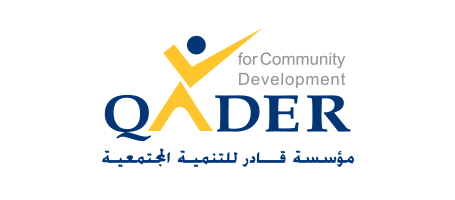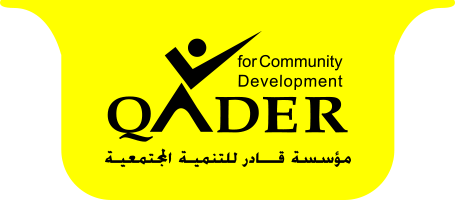The civil society team disapproves of the government's approach of solely discussing the general budget and absenting civil society, and demands that the general budget be presented to civil society institutions and citizens before its approval.

The Civil Society Team for Public Budget Transparency expresses its dismay and disappointment with the government’s continued closed approach to discussing the 2021 public budget. This comes alongside the complete disregard for civil society organizations, excluding them in line with the government’s policy of marginalizing Palestinian civil society and its active organizations that oversee public financial performance. This stance is in clear contradiction to the Prime Minister’s recent statements that civil society is a key partner in managing public affairs.
According to the statement from the Cabinet session held on March 15, 2021, the government has begun discussions on the 2021 public budget. The Minister of Finance presented the main pillars of the 2021 budget during the Cabinet meeting, with further discussions to follow in the next session to approve it and forward it to the President for authorization and issuance by a presidential decree. This comes considering the 2021-2023 public budget notification from the Ministry of Finance, which highlighted a financial deficit “financial gap” in the 2021 budget amounting to 3.022 billion shekels after grants and other funding sources. It is also worth noting that public debt reached 11.7 billion shekels by the end of 2020.
Despite repeated calls from the Civil Society Team to adopt a participatory approach by publishing and discussing the draft budget for this year with civil society representatives—particularly during the state of emergency, which urgently necessitates transparency, openness, and collaboration with civil society and its various sectors—the government continues to ignore civil society. Instead, it maintains a centralized approach that excludes the Palestinian public from discussions about their priorities and urgent needs. This is despite repeated speeches and the National Policy Agenda, which emphasized openness, transparency, and partnership with civil society and its organizations.
This budget is being prepared amidst failing economic conditions and a contraction of the Palestinian economy, compounded by the COVID-19 pandemic, which has exposed weaknesses in the Palestinian healthcare system, including its inability to provide vaccines to combat the pandemic. Additionally, the social protection system is weak, and the government has failed to provide adequate compensation to workers and employers for the economic losses caused by the pandemic, leaving all segments of the population exposed and impoverished.
The continued exclusion of civil society from decision-making and priority-setting in managing and distributing public funds further exacerbates existing economic and social crises.
Accordingly, the Civil Society Team for Public Budget Transparency:
- Reaffirms the need to involve citizens, civil society organizations, Palestinian political parties, experts, academics, and the Civil Society Team for Public Budget Transparency by publishing the draft budget and discussing it with civil society organizations before it is approved by the Cabinet.
- Calls on the Palestinian government to adopt a more open and participatory approach by initiating public dialogues to address the health, economic, and financial challenges facing the government and agree on measures to enhance citizens’ resilience.
- Demands a reassessment of budget priorities, considering the decline in foreign aid, and calls for rationalizing expenditures and optimizing the distribution of available resources to ensure social justice.
- Emphasizes the need for the government to fulfill its commitments and promises made in the Prime Minister’s inauguration speech and the National Policy Agenda, particularly the commitments to greater openness and citizen participation.
Members of the Team
- Filastiniyat Foundation
- MAS Institute
- Jerusalem Legal Aid and Human Rights Center
- Palestinian Institute for Governance
- SAWA Foundation for Community Development
- QADER for Community Development
- Development Studies Center (IDS)
- Al-Eqtisadiya Newspaper
- Palestinian Center for Democracy and Conflict Resolution
- Cultural Activists Forum
- National Commission of Palestinian NGOs
- Federation of Palestinian Chambers of Commerce, Industry, and Agriculture
- Juzoor Foundation for Health and Social Development
- Bisan Center for Research and Development
- Banyan Association for Training, Evaluation, and
Social Studies
- Academics, Journalists, and Economic Analysts
- Palestinian Institute for Communication and Development
- Agricultural Relief Committees
- Hayat Center for Community Development
- MA’AN Development Center
- Al-Nayzak Foundation
- MIFTAH Foundation
- Palestinian NGOs Network
- AMAN Transparency Foundation - Executive Secretariat
- Federation of Palestinian Industries
- Democracy and Workers' Rights Center
- Teacher Creativity Center
- Institute for Continuing Education / Birzeit University
- NGO Development Center
- Al-Haq Foundation
- Social Development Forum
- Arab Center for Agricultural Development
- Union of Agricultural Work Committees
- Jerusalem Center for Social and Economic Rights
- Health Work Committees
- ARIJ Institute
- Al-Hadath Newspaper
- Palestinian Center for Research and Strategic Studies – PALTHINK

